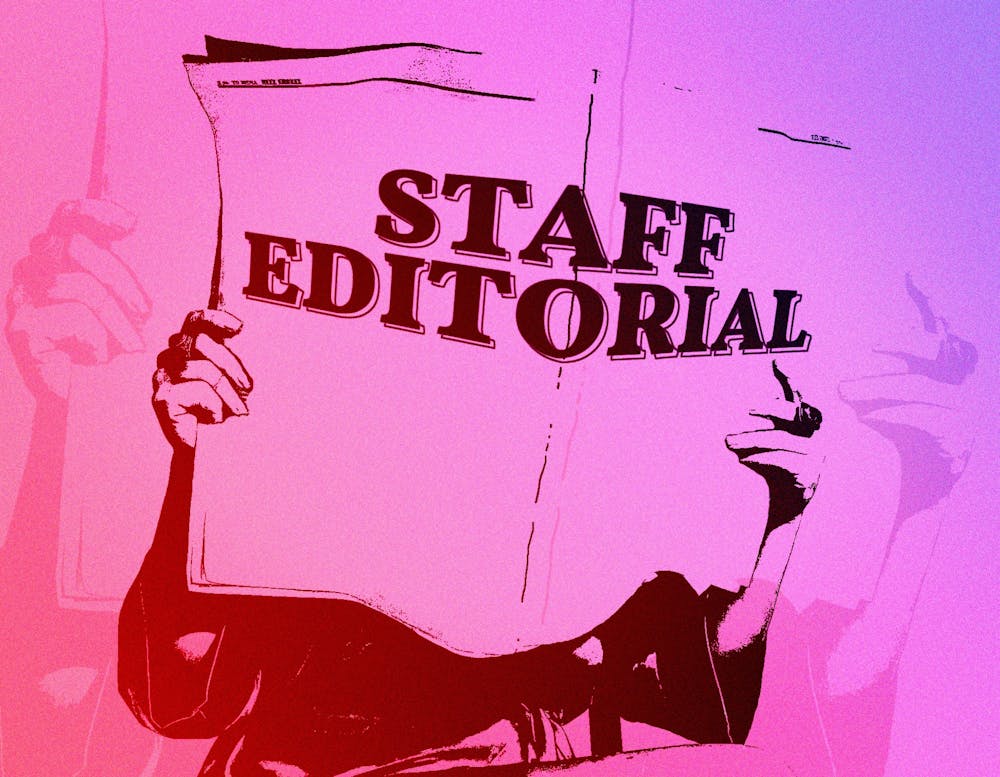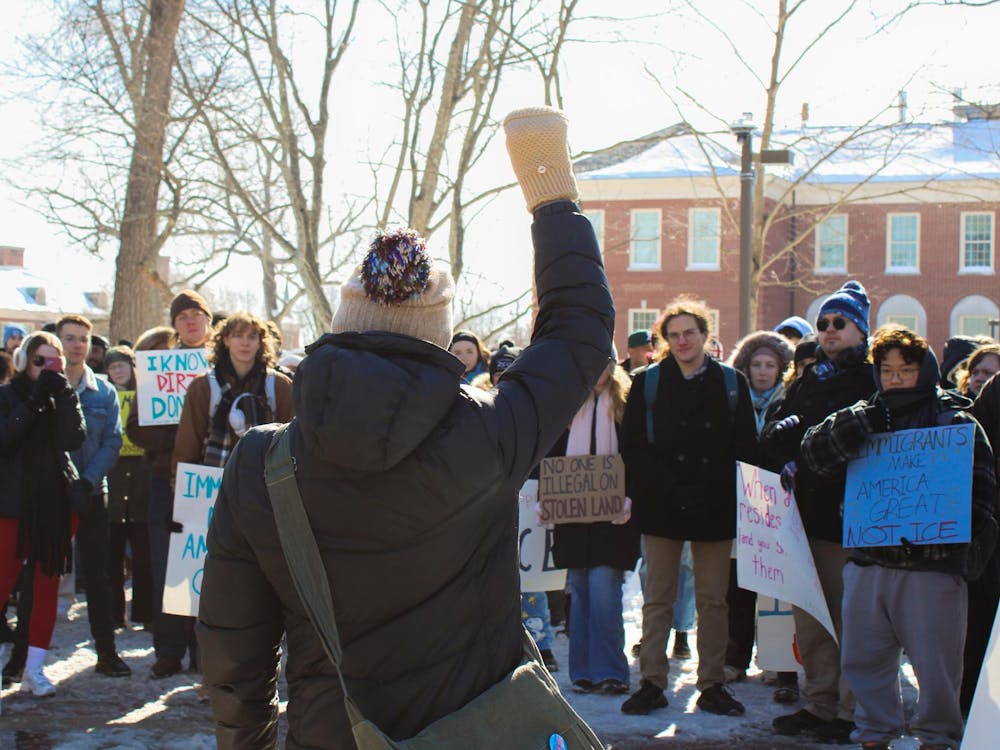Content Warning: This column deals with themes of sexual and interpersonal violence.
The following reflects the majority opinion of the editorial board.
Your phone pings with a new email notification on a Sunday morning in Oxford. You halfheartedly click on the notification and glance at the subject line: Safety Bulletin from Miami University/MUPD. Whether you open it or not, the email’s contents will probably look the same as they usually do.
Early morning hours of (a recent day)
Report: Attempted Sex Offense.
Location: (a residence hall quad near you)
Suspect: (a description that could be anyone, or worse: “No suspect description available.”)
With the recent sentencing of an Ohio man to prison time over his attempted rape of a Miami University student in the summer of 2021, campus has been abuzz with discussion of the efficacy of Miami University’s sexual assault bulletins and other measures, both in this case and in the dozens of other bulletins that float into students’ email inboxes every school year.
As the editorial board, we plead with the Miami University Police Department and Miami to make some changes.
We’re asking Miami to focus on a more holistic approach with sexual assault issues on- and off-campus — prevention, follow-through, punishment and communication are all integral to this process. As such, we have a few suggestions, beginning with the need for Safety Bulletins for all reported cases, if this is not happening already.
Yes, the volume of reported cases would likely scare people. However, without these reminders that sexual assault is occurring on campus, students, faculty, staff, administrators and other Miami community members may forget how often it happens. Getting these reminders, even if the threat is not imminent, is a good way to keep this on the minds of students.
They allow survivors to see they’re not alone. The bulletins may even help others come forward if they know MUPD and others are actively investigating these cases.
Enjoy what you're reading?
Signup for our newsletter
On Aug. 29, one of our community members was sexually assualted. There was no bulletin. While again there may not have been an imminent threat, our community deserves to know that these horrific acts are still happening around us.
Sexual assault bulletins, even when they do get sent out, often lack important information like specific location and details of identifying attributes. More details and more communication would be instrumental in helping people come forward and be more aware, which makes our community feel safer.
But the bulletins are not the core of the problem.
As for Miami itself, there are so many comprehensive approaches that could be implemented and made standard.
We need more sexual education, for a start. Showing first-years the infamous “tea video” and having a short conversation about it, then making them go through unmonitored modules that half the students just click through anyway, is not enough.
We don’t want Miami to just acknowledge that sexual assault is happening on campus. We want more to be done about it before and after it happens.
For many students, college is their first exposure to sexual interactions. And for many, that tea video is the only education they will get on consent and relationships in their lifetimes.
Is this really the best Miami can do? Is this all our community is capable of?
We think Miami can do so much more to protect its community.
Sexual assault prevention can start with education that Miami can provide.
A required class specifically on sexual health and interpersonal violence would also go a long way. Miami has changed its curriculum requirements before, so the idea is not unprecedented.
We would rather be bombarded with consent and interpersonal relationship modules, classes and lectures than wonder if we’re going to be assaulted because someone else doesn’t understand consent.
Miami has 19,000 handpicked change-makers on campus. So listen to them. Then follow through on their ideas. Make Miami the gold standard for how universities should treat assault.
Because it’s on us, Miami, for sure — but it’s also on you.




